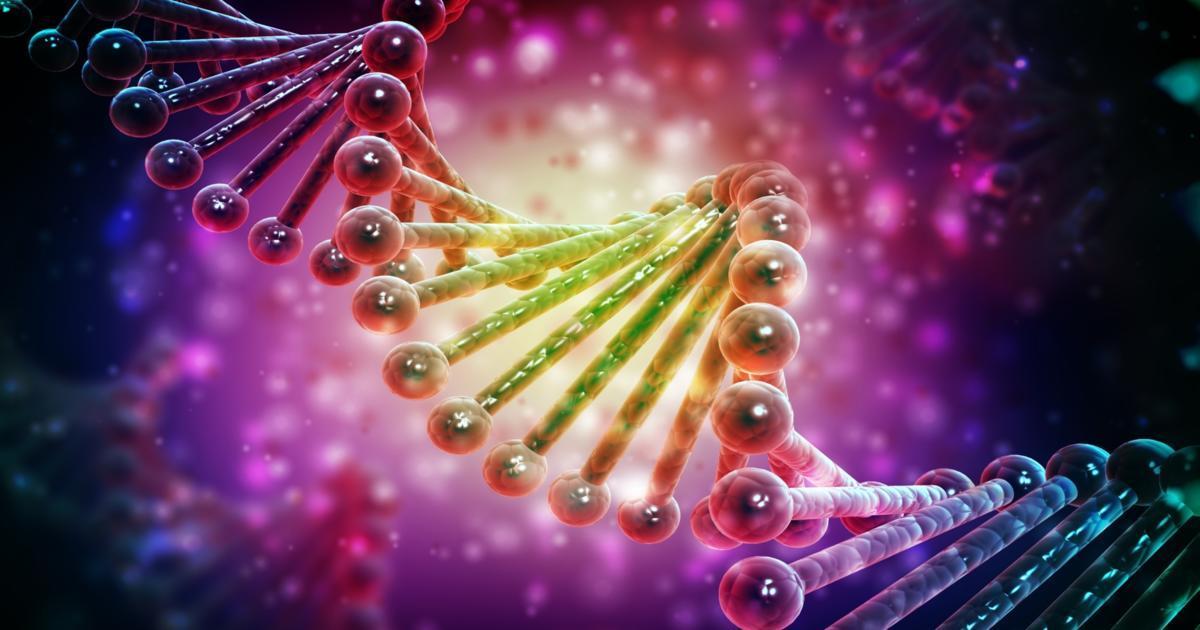Breast Cancer Identified Risks, Diagnostic, And Treatment Advancements Worth Knowing About
BRCA Gene Mutations

BRCA gene mutations are gene abnormalities detected by DNA analysis in the BRCA1 and BRCA2 genes that express breast cancer susceptibility. This BRCA gene testing is reserved for individuals who, based on familial history, are likely to have inherited a mutation. However, this diagnostic test is helpful because up to ten percent of breast cancers and fifteen percent of ovarian cancers are attributed to BRCA gene mutations. Both men and women with specific BRCA gene mutations are at a higher risk of developing breast and ovarian (if applicable) cancers. Having the ability to test for such mutations provides individuals with the knowledge to take specific measures to increase the chances of early detection and reduce their risk of developing cancer. An increase in the frequency of breast cancer screening or surveillance involves having magnetic resonance imaging or MRIs and mammograms done yearly. For some individuals with a BRCA2 gene mutation, medication is available to lower the risk of developing breast cancer. Individuals who have a BRCA gene mutation also have the option of undergoing a preventative mastectomy to decrease the risk of developing breast cancer by ninety percent.
Learn more about advancements made in gene mutations associated with breast cancer now.